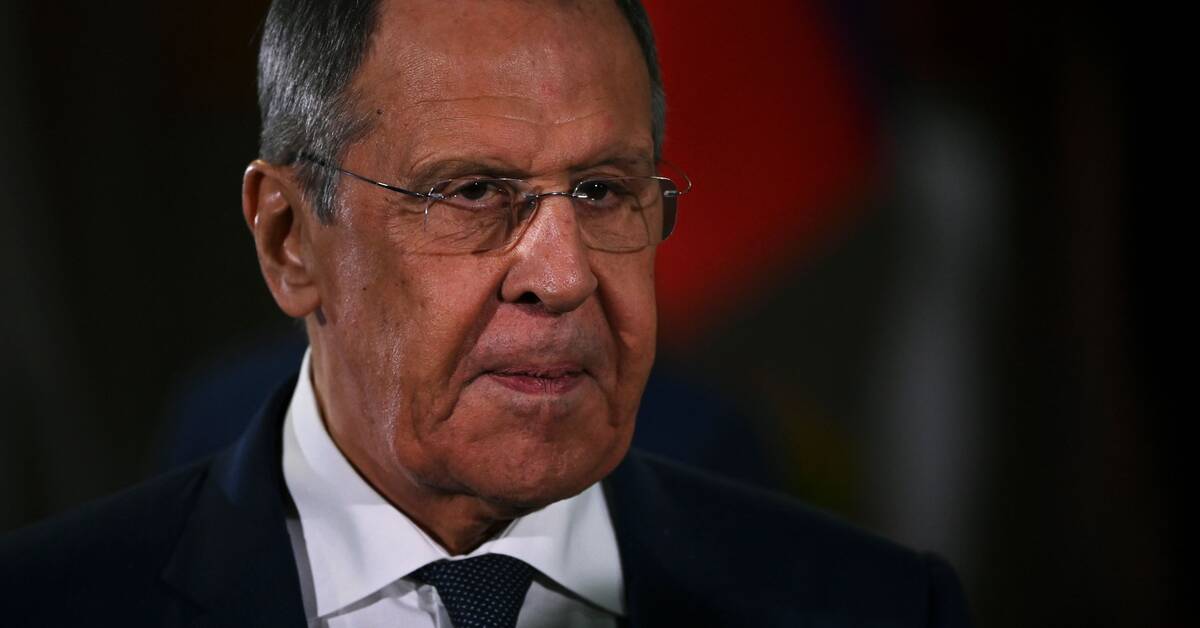The Security Council is one of the UN's most powerful bodies with the task of, among other things, being responsible for "maintaining international peace and security".
When the Council meets in New York today, Russian Foreign Minister Sergei Lavrov will preside over the Council. On the agenda is, among other things, the item "defending the UN Charter".
The decision to allow Russia to hold the presidency for the next two days has been met with criticism around the world. Ukraine, which has called for Russia's complete exclusion, has called Lavrov's participation a "bad joke."
"Russia has unlawfully usurped its seat on the Council, it is waging a colonial war against us and its leader is a war criminal wanted by the International Criminal Court (ICC)," Ukrainian Foreign Minister Dmytro Kuleba wrote on Twitter in early April.
Turned up mode
The Presidency of the Security Council rotates among the member states every month. In total, the Council has 15 seats, five of which are permanent: the United States, Russia, China, the United Kingdom and France. As a permanent member, Russia has the right of veto, which means that it can block decisions, and thus not be expelled from the Council.
Even in February last year, at the same time as Russia launched its full-scale invasion of Ukraine, the country held the presidency, which provoked widespread criticism.
The situation leading up to the meeting has been intense. Lavrov has noted, among other things, that a number of Russian journalists, according to reports, loyal to the regime, have not been granted visas.
"We will not forget, and we will not forgive," he said, according to Russian media.
The Security Council meeting will begin at 16 p.m. on Monday, Swedish time.
Javascript is disabled
Javascript must be turned on to play video
Learn more about browser support
What does it mean that Russia has taken over the Presidency of the UN Security Council? Listen to Kjell Engelbrekt at the Swedish Defence University answer three questions. Photograph: John Minchillo/AP/TT

